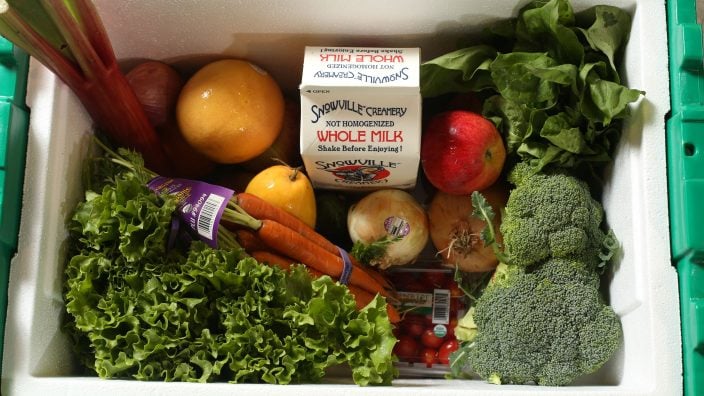The 2024 Ohio Agriculture and Rural Communities Action Plan
Ohio Farm Bureau 2024 priority issues focus on business climate, regulatory environment, preserving Ohio’s farming heritage, healthy rural communities, and grassroots advocacy.
Read MoreThe question caught Trevor Clatterbuck off guard. He had been chatting with an Amish farmer when the young man shyly asked if Clatterbuck would attend his wedding.
“He told me that his wedding wouldn’t be possible without me,” said Clatterbuck, who had been buying thousands of dollars worth of produce from the farmer for his company, Fresh Fork Market. “He said in the Amish community you can’t get married if you have a debt and that he now had enough money to start a family.”
Clatterbuck was touched by the wedding invitation because it illustrated the impact his company was having on the livelihoods of dozens of farms scattered throughout northeastern Ohio. Fresh Fork Market is a weekly subscription service for consumers that brings fresh food directly from local farms to various pick-up spots in Cleveland.
The goal of the company is simple—to bring food from small farms to larger markets and fulfill the desire of consumers to eat local foods and economically support their communities.
The idea for Fresh Fork Market came during a dinner in 2007 at a downtown Cleveland restaurant. Clatterbuck and his friends asked the waitress what locally grown food the restaurant was featuring that day. After a brief departure, the waitress returned. Nothing was local, she said.
“She gave a couple of excuses … they didn’t know what farmers had, they weren’t sure about food safety,” said Clatterbuck who at the time was a senior at Case Western Reserve University and looking for an idea to develop for a college business competition. After graduation, he and three business partners reached out to restaurants and local farmers and in June 2008 started an Amazon-like marketplace for perishable local products. The college project became Fresh Fork Market, and delivered to 57 Cleveland area restaurants from 36 local farms.
That winter Clatterbuck decided to expand the business and set up a system similar to Community Supported Agriculture (CSA) where consumers buy a “share” and get local, seasonal food directly from a farmer. A share typically is a weekly box of vegetables or whatever is in season, which sometimes can result in little variety or too much of a product that is typically consumed in small amounts, such as cabbage.
Clatterbuck worked with dozens of farmers to put together a package of farm fresh and artisan products that complemented each other to create a complete meal. More than 360 different products are now offered including fresh produce, fruit, meat, cheese, pasta, whole grains and jams. For example, a small bag offering last summer was 1.25 pounds of chicken sausage, two zucchinis or squash, one quart of strawberries, one bunch of garlic scapes, one bunch of green onions, one bunch of spinach, 1.5 pounds of tomatoes, one head of leaf lettuce and a 4-ounce tub of chevre or a wedge of brie.
Fresh Fork Market’s subscription grocery program has grown from 40 customers in 2009 to an estimated 2,500 in 2013. Prices start at $27 a week for the small package during the 22-week season, which starts in June. A winter package also is available. The food is distributed Wednesday through Saturday at a variety of times from the back of refrigerated trucks located throughout the Cleveland area. In 2011, Fresh Fork Market worked with almost 100 local farms, generating $730,000 for the farmers.
“We’ve had a very positive impact on family farms, and it’s exciting that we are bringing people back to the dinner table,” Clatterbuck said.
In central, western and southwestern Ohio, another company, Green BEAN Delivery, is also putting local foods into consumers’ hands by delivering it straight to their doorsteps. The company got its start in Indianapolis in 2007 and has expanded to Fort Wayne, Ind., Louisville, Ky., Dayton, Cincinnati and Columbus. The BEAN in the name stands for Biodynamic, Education, Agriculture and Nutrition—central concepts for the business.
“We are not just trying to distribute food, but are trying to educate people about food and agriculture and be an advocate for nutrition. We look at the problems that exist within food systems and face those challenges head-on and try to find solutions that work,” said John Freeland, the company’s vice president.
At the company’s Columbus warehouse, a worker slides a bright green bin lined with Styrofoam down a conveyer belt as he fills a customer’s order. In another room, three workers grab handfuls of green beans and peas and put them into smaller bags for distribution. Shelves along a wall of the warehouse are filled with artisan products from Ohio, Kentucky and Indiana such as pasta sauces, pickles, jams, seasonings and salsas along with popular national items such as Luna nutrition bars. Typical customers work full time and don’t have time to shop or are stay-at-home moms who closely monitor what their children eat and don’t want to drag them to the grocery store. Some of the organic fruit comes from other countries when it’s not in season in the United States.
“We take great pride that we are 100 percent transparent. We label everything so everybody knows where their food comes from,” Freeland said. “We take the guesswork out of it for our customers so they know exactly what they are getting.”
A small fruit and vegetable bin costs $35, medium is $42 and the large is $49. (See current bin options and pricing.) A sample small bin contains Bibb lettuce, a container of strawberries, a Vidalia onion, a cucumber, broccoli, a bunch of carrots, one pound of green beans, 15 to 17 ounces of asparagus, four Hamlin oranges, four peaches and two ruby grapefruits. Customers can shop on the company’s website and add other items such as meat, cheese, milk, baked goods, canned goods, juice and coffee at an additional cost.
The Columbus facility opened in November 2010 and went from 500 weekly deliveries to about 800 in 2013. More than a dozen employees help fill the orders and drive the vans to deliver the ice-packed coolers to homes. In the tri-state region, Green BEAN works with about 55 different farms and makes more than 5,500 weekly deliveries, Freeland said.
Green BEAN is proud to connect people with their food and find ways to make agriculture more sustainable, Freeland said. Citing a freak hail storm last year near Columbus is the perfect example.
“The farm was going to lose its crop because strawberries can’t take the slightest nick without blemishing the fruit. We had the farmer take the strawberries to a facility where they were cleaned and frozen and then last winter we sold 2-pound bags of the frozen strawberries for smoothies and other uses,” Freeland said. “We are constantly challenged to find new and creative solutions to extend the growing season and find new avenues to protect farmers. This was a great way for the farmer to recoup his loss and extend the growing season.”

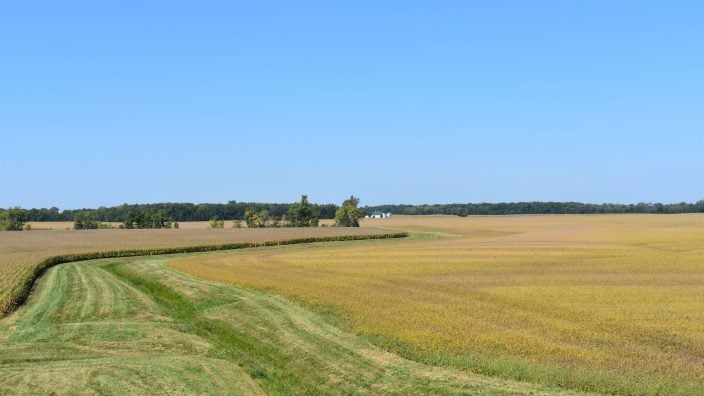
Ohio Farm Bureau 2024 priority issues focus on business climate, regulatory environment, preserving Ohio’s farming heritage, healthy rural communities, and grassroots advocacy.
Read More
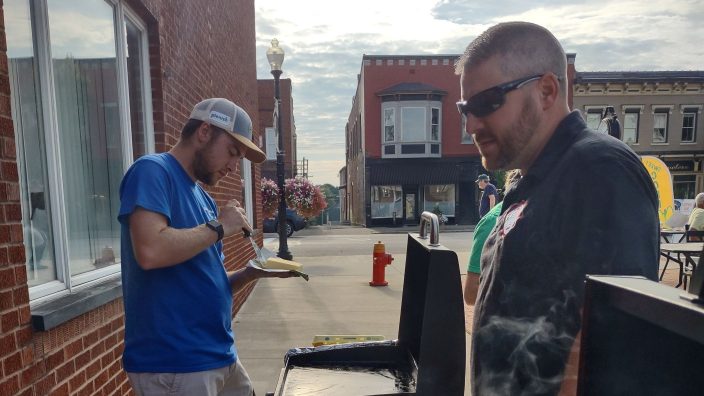
The Highland County board of trustees and county office staff extended an invitation for a Farm to Table breakfast to…
Read More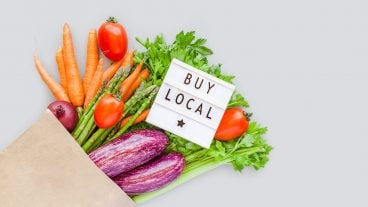
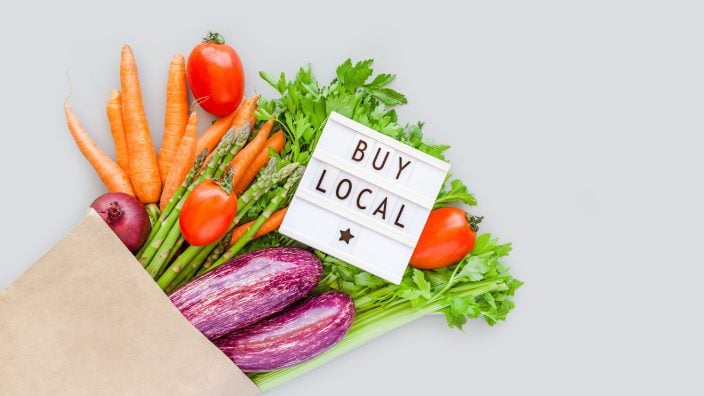
There are only a few Saturdays left so be sure to stop on out!
Read More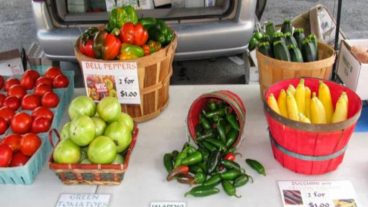
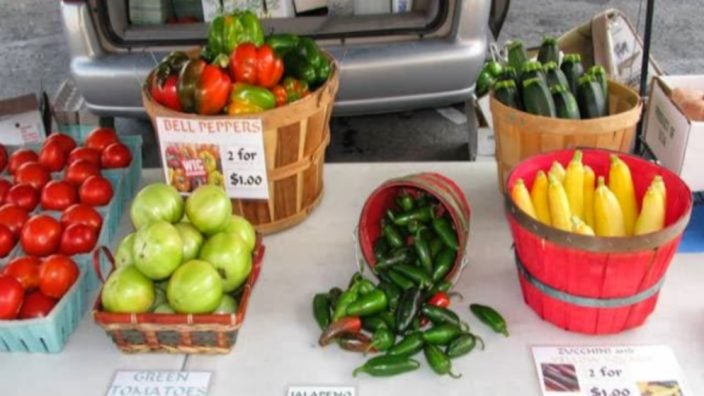
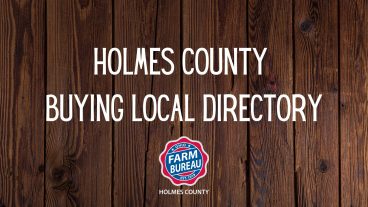
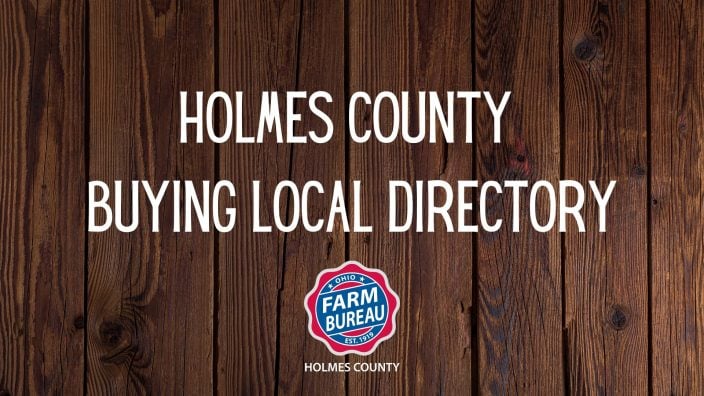
See what is available when you desire to shop and dine in Holmes County.
Read More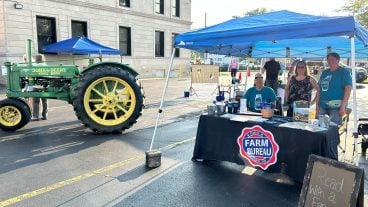
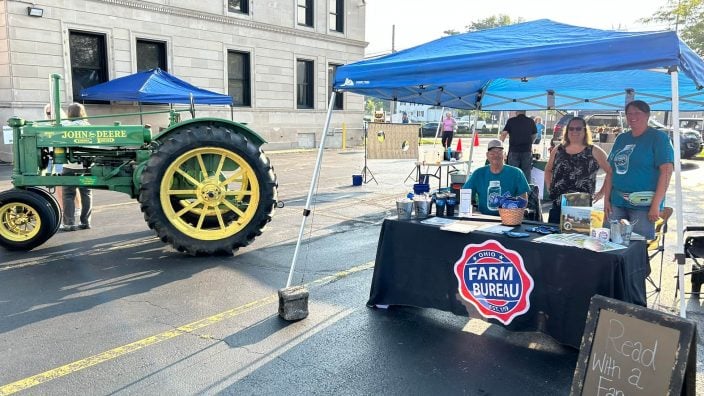
The Clinton County Farm Bureau has geared up for another season at the Farmers Market. Clinton County Farm Bureau joined…
Read More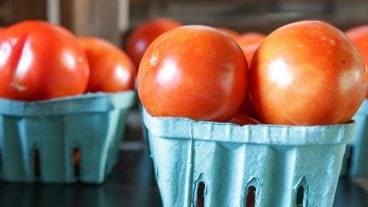
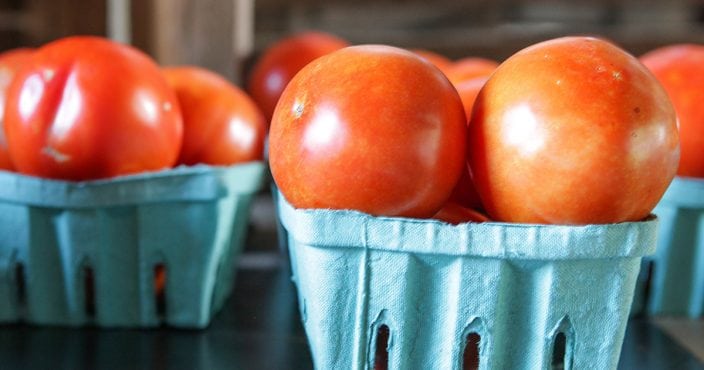
The 2023 edition of the Cuyahoga, Erie, Huron and Lorain Counties Buy Local Directory is now available. This year’s Buy…
Read More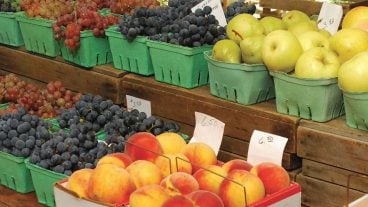
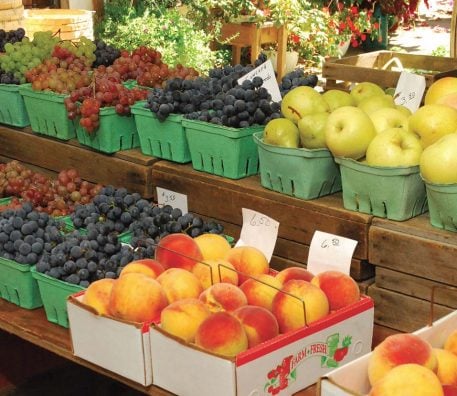
The 2023 edition of the Wayne County Buy Local Directory is now available. This year’s Buy Local Directory also lists…
Read More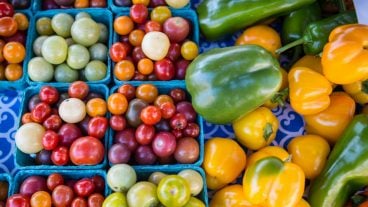
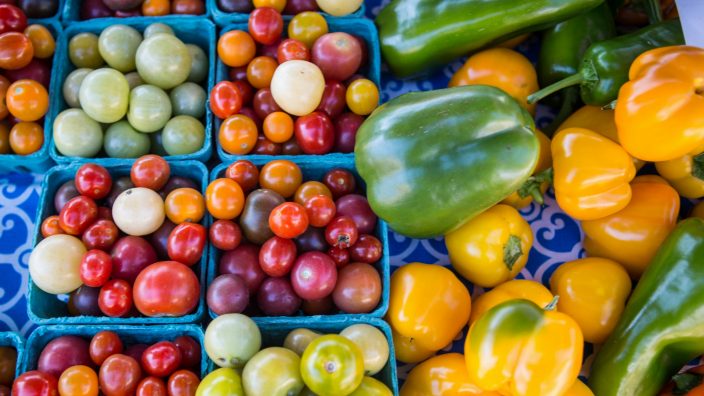
The 2023 edition of the Ashland County Buy Local Directory is now available. This year’s Buy Local Directory also lists…
Read More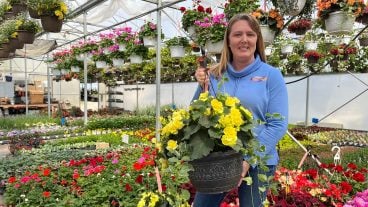
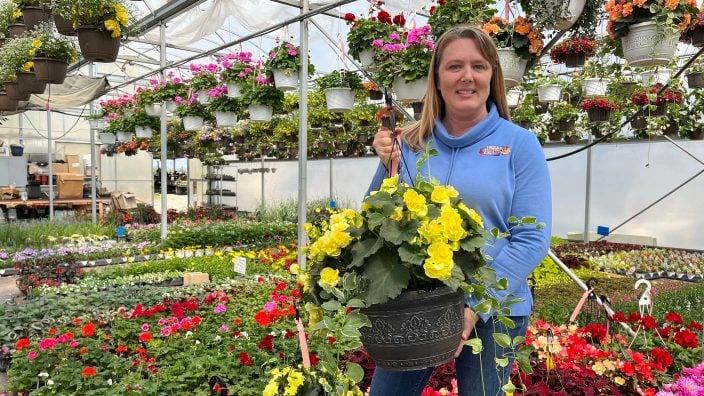
Maintaining a knowledgeable and robust workforce is key to sustainability and any potential growth for Brown’s Family Farm Market in the future.
Read More